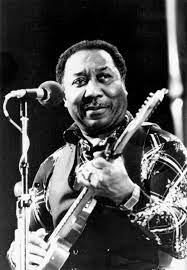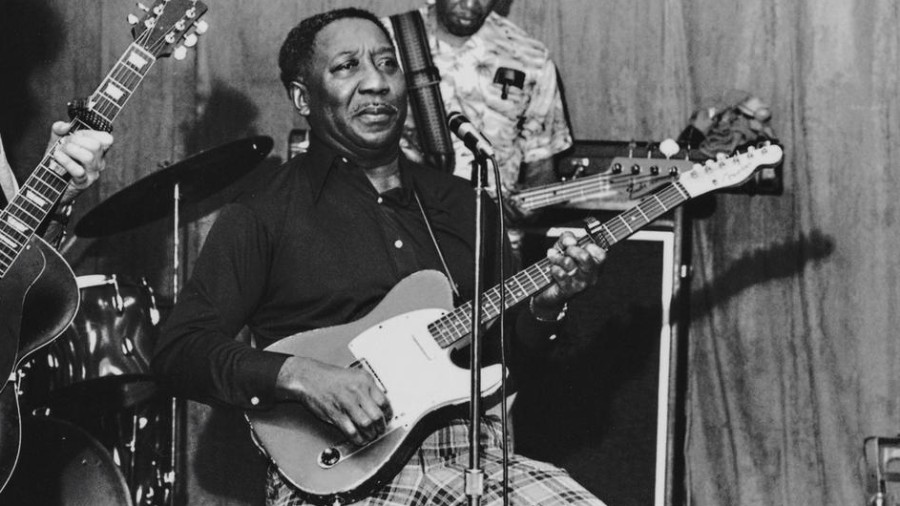Introduction:
In the rich tapestry of American music history, few figures have had as profound an impact as McKinley Morganfield, better known as Muddy Waters. With his raw, impassioned voice and innovative guitar playing, Waters revolutionized the blues genre and became one of the pioneers of modern rock and roll. In this blog post, we delve into the fascinating biography of Muddy Waters, tracing his humble beginnings, his rise to stardom, and his enduring legacy.
Early Life and Influences:
Born on April 4, 1913, in Rolling Fork, Mississippi, Muddy Waters was raised on Stovall Plantation, a cotton plantation. He grew up immersed in the musical traditions of the Mississippi Delta, where he was exposed to the sorrowful sounds of the blues. Drawn to the guitar from an early age, Waters learned to play by emulating local musicians and the recordings of blues legends like Robert Johnson and Son House.
The Birth of a Legend:
In the 1940s, Muddy Waters made a life-changing decision that would alter the course of his career. He left the cotton fields behind and migrated to Chicago, a city bustling with musical energy. Waters’ arrival in Chicago coincided with the emergence of electric amplification and the desire for more powerful, electrified blues music. He quickly adapted to this new sound, trading his acoustic guitar for an electric one, and began performing at local clubs.
Recording Success and the Chicago Blues Sound:
Muddy Waters caught the attention of Aristocrat Records (later renamed Chess Records), a label known for its commitment to showcasing African-American blues talent. His first recordings, such as “I Can’t Be Satisfied” and “Rollin’ Stone,” displayed a distinctive style that combined his powerful vocals with a rhythmic, slide guitar technique. These recordings marked the birth of the Chicago blues sound, characterized by its amplified instrumentation and urban sensibility.
Rise to Stardom and Influence:
As his popularity grew, Muddy Waters became a central figure in the burgeoning Chicago blues scene. He assembled a band that included exceptional musicians like Little Walter, Jimmy Rogers, and Otis Spann, creating a tight ensemble that would redefine the blues genre. Waters’ dynamic stage presence and emotionally charged performances captivated audiences across the country, earning him the title of the “father of modern Chicago blues.”
Waters’ influence extended far beyond his immediate success. His music resonated with a diverse range of musicians, both within the blues community and in other genres. Rock and roll legends such as The Rolling Stones, Eric Clapton, and Led Zeppelin drew inspiration from Muddy Waters’ electrifying sound, leading to a broader appreciation of the blues and its profound impact on popular music.
Legacy and Lasting Impact:
Muddy Waters’ contributions to music cannot be overstated. He transformed the blues from a regional folk tradition into a powerful, globally recognized art form. His ability to infuse emotion into every note and his commitment to authenticity paved the way for countless artists who followed in his footsteps.
In recognition of his enduring legacy, Muddy Waters was inducted into the Blues Hall of Fame in 1980 and the Rock and Roll Hall of Fame in 1987. His songs, such as “Hoochie Coochie Man” and “Mannish Boy,” remain timeless classics and continue to be celebrated by fans and musicians alike.
Conclusion:
Muddy Waters’ life story is one of perseverance, innovation, and artistic brilliance. From his humble beginnings on a Mississippi plantation to his transformation of the blues genre, he left an indelible mark on the history of music. Muddy Waters will always be remembered as a true pioneer and a masterful storyteller, whose profound influence continues to resonate across generations.


No responses yet